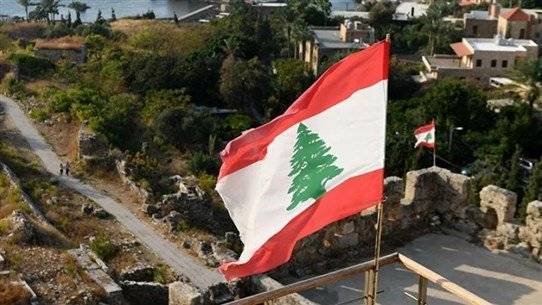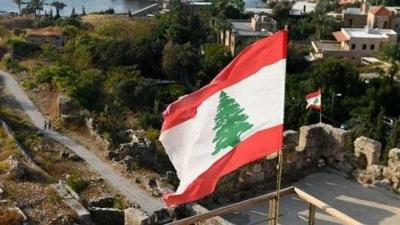In the atmosphere of some authorities, it has been suggested that following the legal formalities of the maritime border demarcation, the clock has ticked for essential constitutional entitlements, from electing a new president of the republic within the constitutional deadline—which has two weeks remaining—to forming a fully qualified government, culminating in the implementation of the required political and administrative reforms. French Foreign Minister Catherine Colonna added a fourth point to this triad, which pertains to the readiness of French companies, led by Total, to start work in Lebanon.
The optimism of the key authorities contrasts sharply with the general impressions that foresee an impending presidential vacuum at a rabbit's speed, while the government is moving at a turtle's pace. As for the reforms, they are hostage to the factions linked to the appetites of politicians and those in power who are immersed in the joy of the demarcation, which represents a gateway for them to further dominance through settlements or exchanges, whether by renewing electoral terms or by extending their terms for at least two years, as currently proposed in the parliament regarding military and security leaders.
Follow-up sources indicate that the world of politics is subject to surprises, and after the demarcation—pending its complementary procedures in Naqoura—various solutions could emerge, whether through presidential elections or the formation of a government to fill the presidential void until the ongoing international-regional conflict yields a president for Lebanon who aligns with the needs of both the external and internal fronts accordingly.




